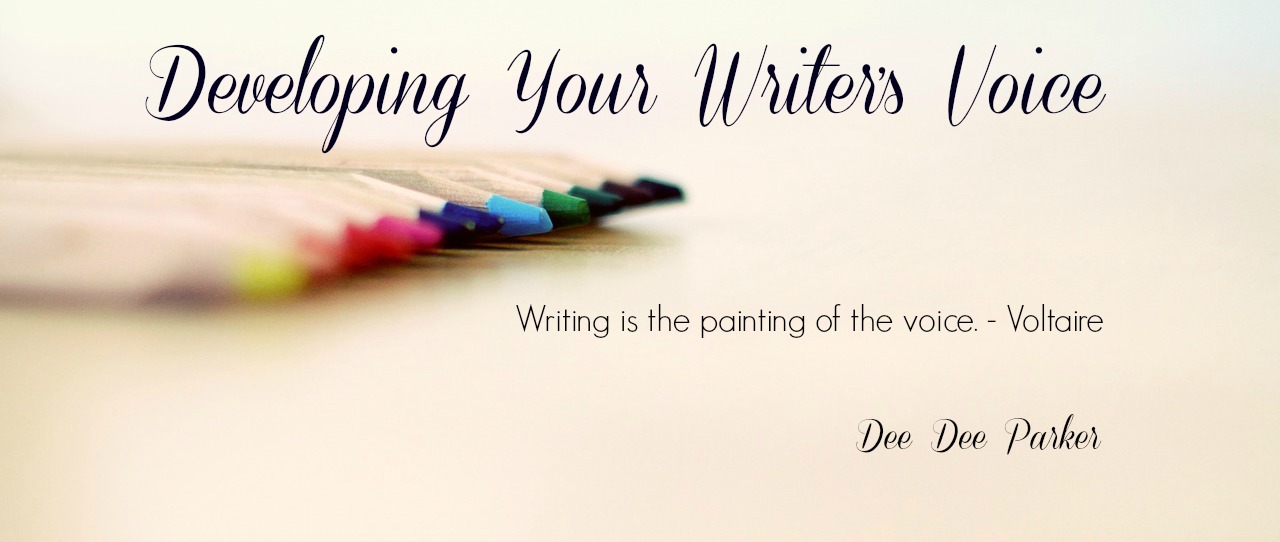
Find Your Unique Voice
One of the things I look forward to about attending a writer’s conference is meeting new writers and hearing…
July 29, 2021
One of the things I look forward to about attending a writer’s conference is meeting new writers and hearing…
July 29, 2021
Every writer wants to write in an inspiring and captivating way. Whether it’s poetry, novels, personal essays, or blog…
June 2, 2021
Last month I mentioned the ultimate goal of every writer, whether experienced or a beginner—we want our audience to…
July 29, 2018
More is caught than taught. This truism haunted me as I raised three impressionable children. Now it inspires me as…
January 19, 2016
I’ve received several questions concerning how one recognizes their writer’s voice. For those of you who discovered your voice…
January 4, 2016
There are two schools of thought about Christmas newsletters we receive from friends and family. One group loves them,…
December 2, 2015
Is it possible for a dinosaur of technology to help define your writer’s voice? I say yes and say…
November 3, 2015
“Fill your paper with the breathings of your heart.” – William Wordsworth The breathings of our heart, our passion,…
August 14, 2015
“Do you have a unique voice?” It’s one question agents and editors often ask writers during one-on-one interviews at…
July 28, 2015